Throughout the COVID-19 pandemic, Australia has been infamous for their strict travel restrictions that showed no signs of ever letting up.
Today, Australia has announced that they will soon be taking the huge step of fully reopening to all eligible vaccinated travellers without quarantine.
Australia’s border will open on February 21, 2022, giving airlines two weeks to add more flights to Sydney and the rest of the region.
Australia Travel Restrictions
As of February 21, 2022, most of Australia reopened to fully vaccinated residents. As of March 2, 2022, Western Australia became the final state to open its borders to both domestic and international travellers.
Currently, Australia has arrival caps, meaning they limit the amount of daily entrants, even for returning citizens and permanent residents.
Those limits will remain in place as international arrivals are welcomed, but it’s worth noting that the capacity limits will differ.
For one, New South Wales will have no capacity limits, and most tourists likely will arrive via Sydney anyway.
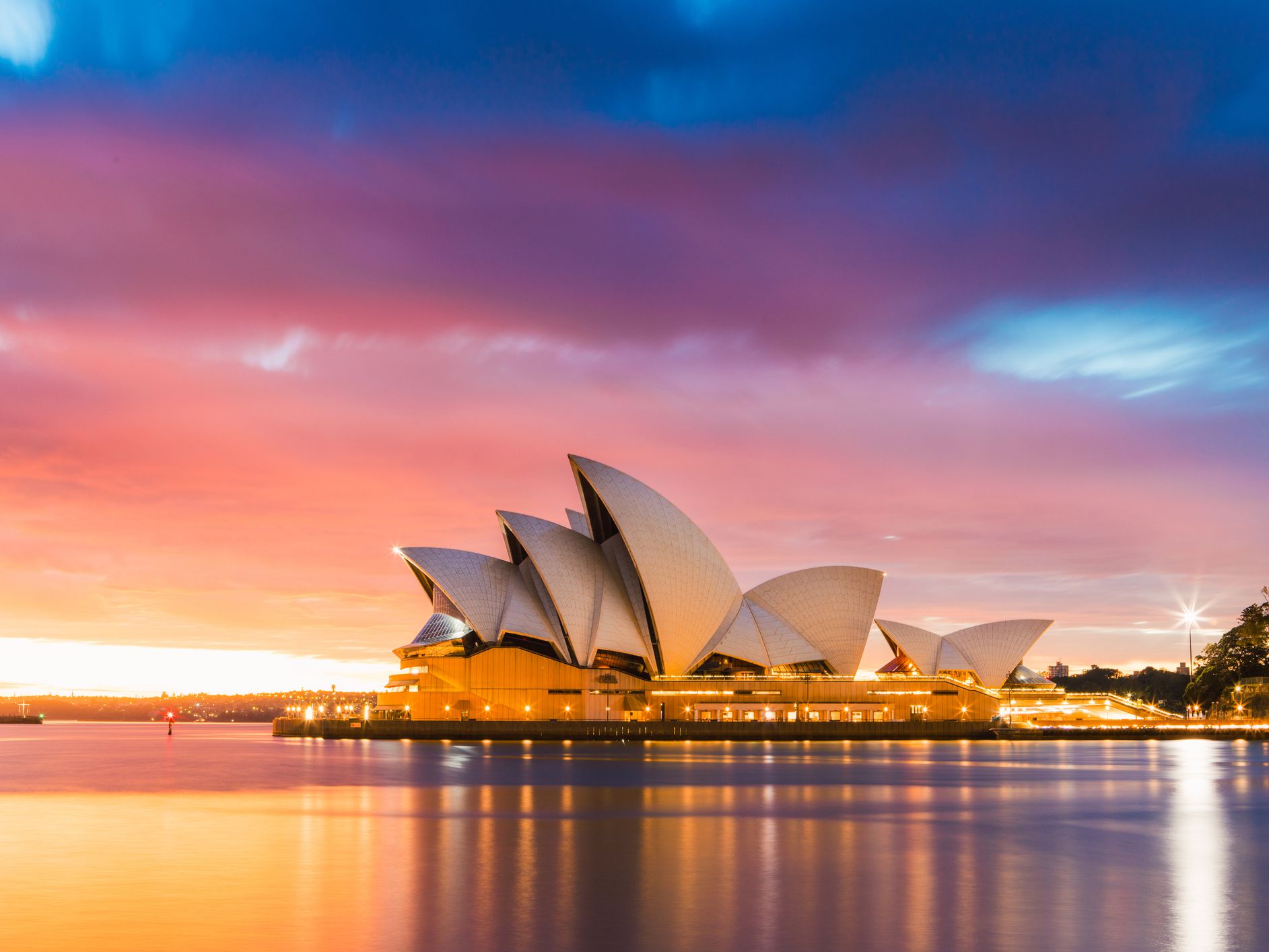
How Can Canadians Enter Australia?
Travellers are allowed to enter Australia by air.
Travellers coming from Canada must be fully vaccinated order to enter Australia. Currently, the following vaccines are recognized:
- Comirnaty (Pfizer)
- Spikevax (Moderna)
- Vaxzevria (AstraZeneca)
- Sinovac Coronavac
- Bharat Biotech Covaxin
- Sinopharm
- Sputnik V
- Novavax
- Johnson & Johnson (only one dose required)
At least seven days must have passed since the final dose of a vaccine in order to count as fully vaccinated. Mixed doses are also accepted.
Currently, Australia requires either a negative NAAT (including PCR or LAMP) test taken within 72 hours, or a negative antigen test taken within 24 hours, prior to the scheduled departure time of the final leg of the journey.
As of April 18, 2022, no testing will be required for entering Australia.
Besides that, there are no other restrictions, such as what country travellers live in or where they’ve spent the last 14 days. Depending on the state you’re entering, you maybe subject to a rapid antigen test on arrival.
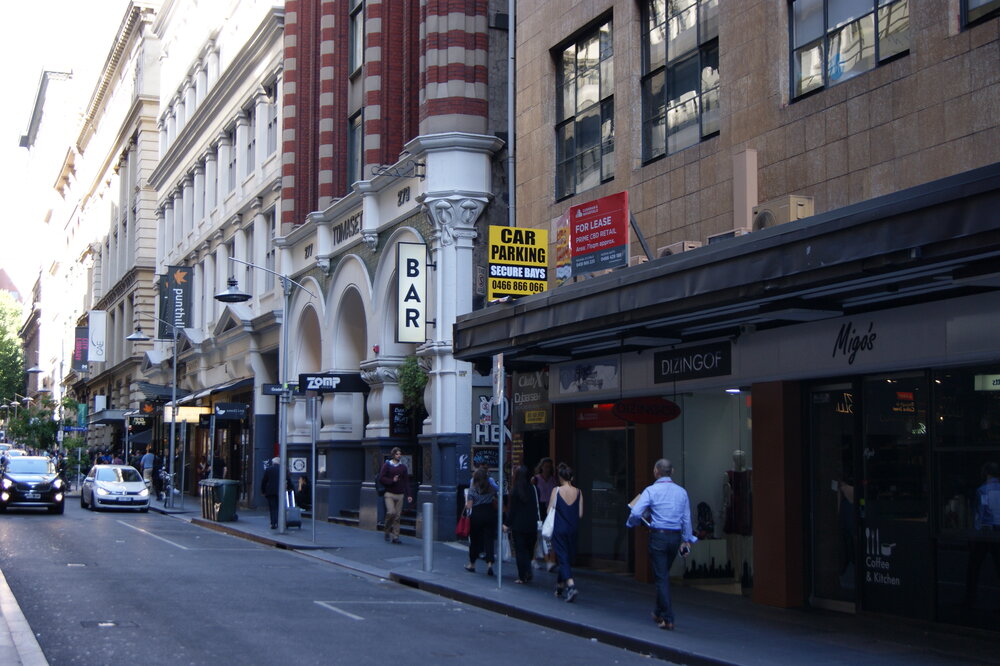
Testing & Quarantine Upon Arrival
There will be no requirement for on-arrival testing, and quarantine is waived for inbound fully vaccinated travellers.
Testing & Quarantine Upon Return
As of April 1, 2022, a negative test is no longer required prior to travelling back to Canada.
If you need to find a test in Australia, there is currently little information available for how to do so.
COVID-19 tests in Australia are free for residents. Since tourists have not been permitted since March 2020, there is currently very little information available about where to get a COVID-19 test for tourists.
Like other countries, we expect there to either be a fee to use public health testing, or pricier, private options with guaranteed turnaround times.
Alternatively, consider purchasing a Switch Health RT-LAMP or antigen test kit for an easy remote testing option via telehealth video link.
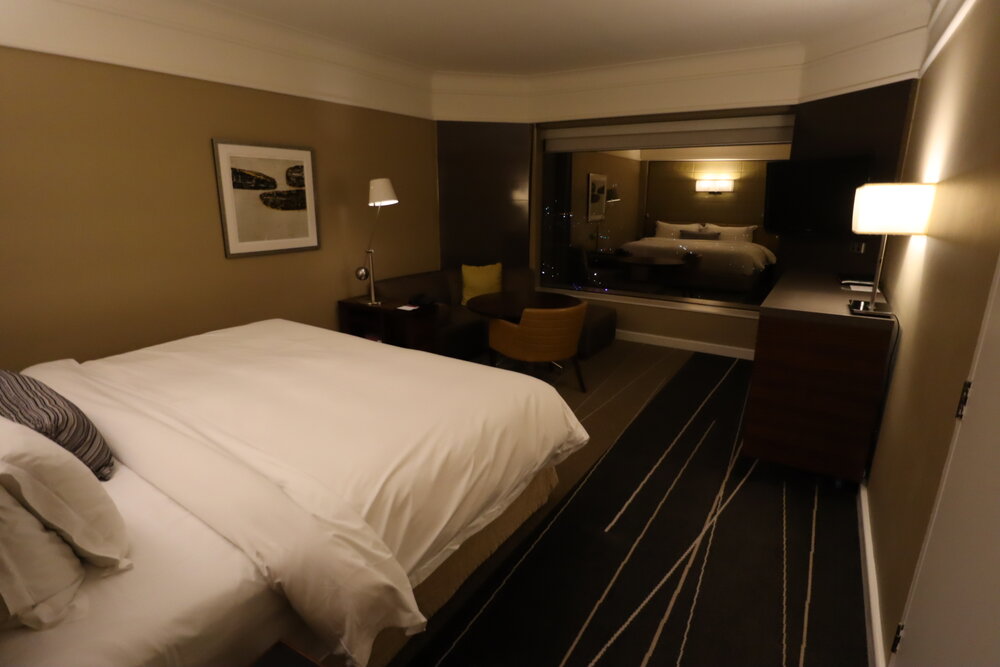
Current Health Requirements in Australia
Health requirements in most of Australia have become more lax in recent months, as the country’s vaccination rate reaches 80% of the total population.
Rules differ between states, but most of them have the same general requirements regarding social distancing, mask use, and vaccination requirements.
Masks are required in all indoor settings, including public transport, malls, and restaurants. Many businesses require guests to check-in with the COVID-19 Safe QR code; tourists can also download the Service NSW app to do so.
Proof of vaccination is no longer required for most indoor activities; however, premises are allowed to implement their own proof of vaccination requirements.
In New South Wales, gyms are open with no distancing requirements. Shopping malls and restaurants are open, sometimes with density limits.
Most recreational facilities, including stadiums, theme parks, and museums, no longer have any density limits and are operating at capacity, of course with a mask requirement in place.
Camping grounds and trailer parks are also fully open.
Note that if you are travelling within Australia, internal state borders may be erected. As things currently stand, there aren’t any in place except for Western Australia (where a quarantine is required upon entry), but you should still be mindful of checking for any changes before travelling.
How to Get to Australia
At this time, cash fares to Australia remain fairly high, so redeeming points would be the best way to reach Australia.
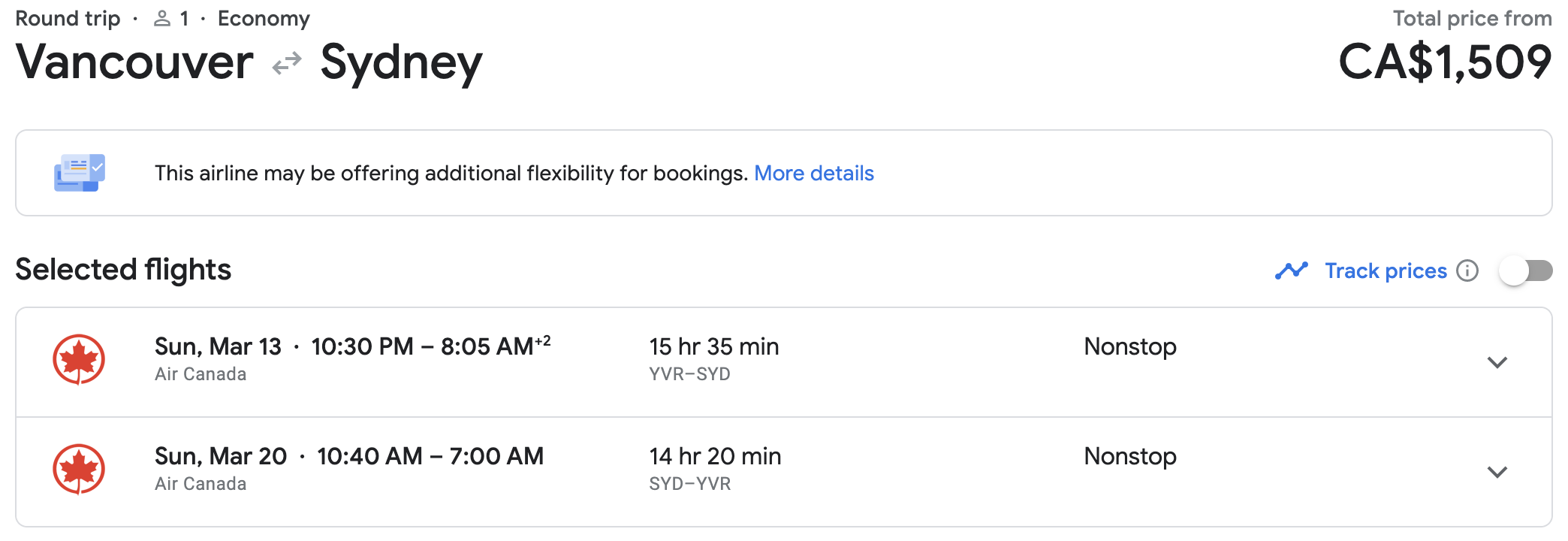
With Aeroplan, a transpacific routing will cost 85,000 points one-way in business class, or higher depending on Air Canada’s dynamic pricing model.
Routing through the Middle East or East Asia will cost 105,000 points one-way in business class.
In both cases, though, given the fact that the world’s airlines have limited their service to Australia for almost two years, it may take some time before schedules are restored and award availability is feasible to find again.
Therefore, using the “Latitude Attitude” to apply 13 eUpgrade credits into Air Canada business class is likely the best way to reach Australia for the time being, with reasonably priced Economy Latitude flights and plenty of eUpgrade space.
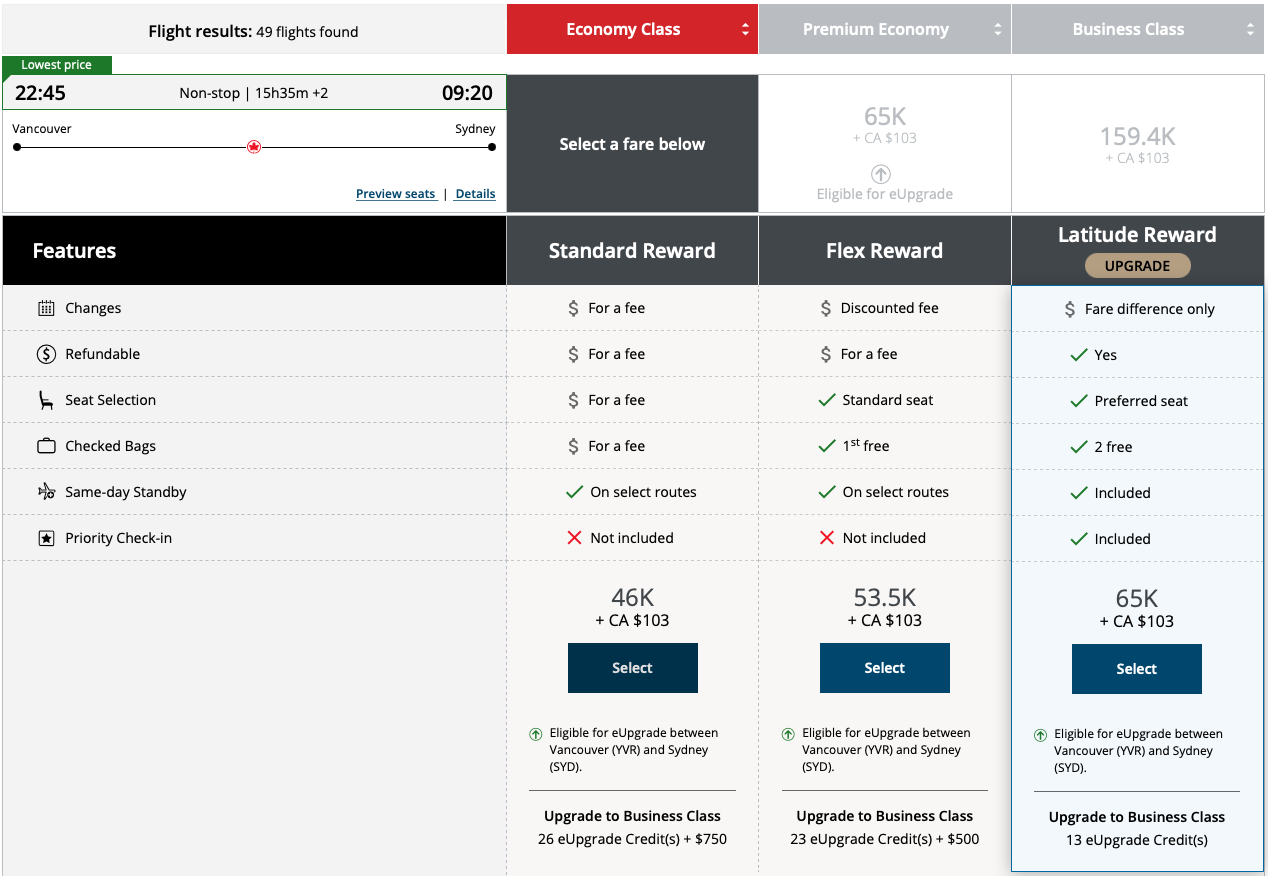
Alaska miles charges only 70,000 miles for a one-way journey in Qantas First Class, or 60,000 miles for a one-way Cathay Pacific business class flight en route to Australia; however, award availability in both cases is notoriously limited.
As you can tell, finding premium award space “down under” is a rare feat during the best of times, let alone after Australia reopens to foreign travellers for the first time in almost two years – so jump on anything you see that works for you.
Given the recency of Australia’s announcement, we’d expect more airlines to either announce new routes or resume previously suspended routes in the coming weeks and months, hopefully offering more routing options as a result.
Conclusion
Perhaps rather surprisingly, Australia has taken the significant step of reopening their borders to all international travellers as of February 21, 2022, with surprisingly lax restrictions: proof of vaccination and a negative COVID-19 test. This is a major step forward for Australia’s new “living with COVID-19” plan.
With most of Australia’s states open, you could plan an incredible trip down under, starting in Sydney before hopping south to drive the Great Ocean Road, and then concluding the trip exploring the coffee culture in Melbourne.
COVID-19 restrictions in Australia have loosened significantly outside of mask requirements, and are similar to our own restrictions here in Canada.
As always, you can refer to our Travel During COVID-19 Resource for Canadians for the most up-to-date information on travelling in the pandemic era.










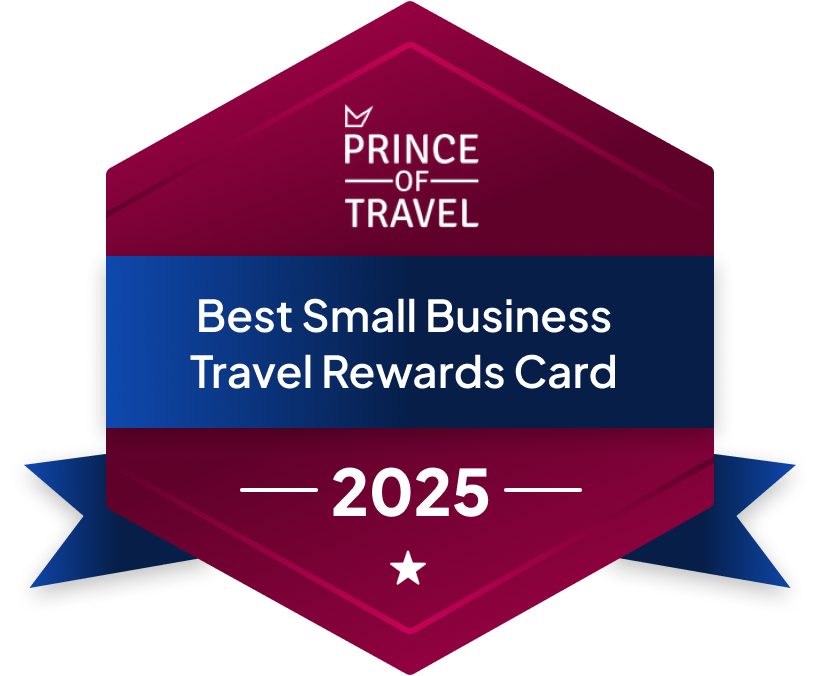


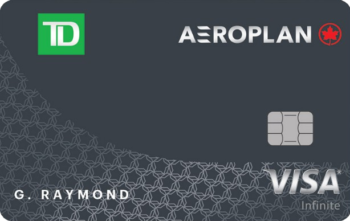


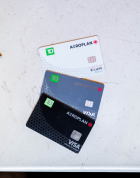
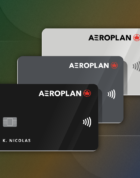
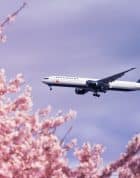

Qantas is also flying direct Vancouver to Sydney limited days weekly 🙂
Just checked As website , first class from US to Australian in Qantas is 70k miles not 80k
You’re right, thanks.
Electronic Travel Declaration-to be completed prior to 72 hours before arrival in Australia but no sooner than 7 days in advance.
Traveled there in November 2021 as soon as parents of a Permanent Resident were finally deemed ‘immediate family’ and departing to there again tomorrow for an extended stay under same. NOTE: within 24 hours of arrival you are required to take a rapid test. Each State offers this test free of charge and the most convenient is drive through option. A list of all locations is available on each states website. Also NOTE: a traveler still needs to apply for a Visitor Visa (600) prior to arrival and also fill out an Electronic Travel Declaration on line or via app.